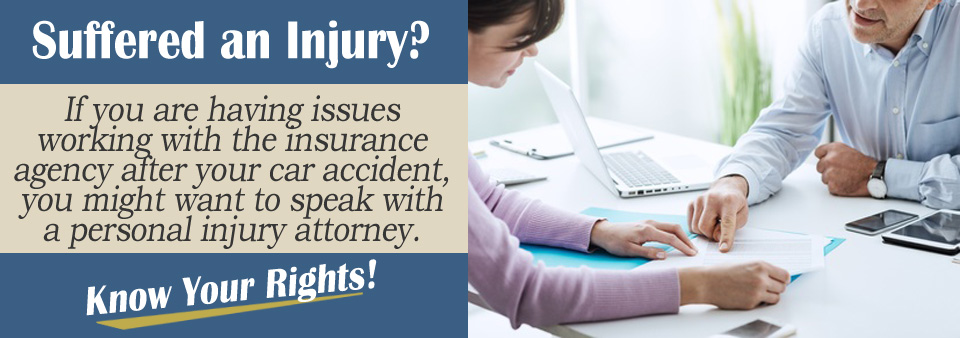Have you been involved in a car accident? How did it happen? Who was at fault? What was damaged? Were you or anyone else injured? These are the sorts of questions after any kind of vehicle accident. Most people will want to know whether they are covered by insurance after damage has been done to their vehicle or they have had injuries. Insurance is there when something goes wrong, but insurers don’t just pay out claims without the right amount of information provided. There is also a big difference between a claim against your own insurance policy and a claim against another individual’s insurance. This depends on who was responsible for the accident.
Who is Responsible for Paying an Insurance Claim?
Generally, you claim against your own insurance if you were to blame in an accident, or you are in a no-fault state and your injuries were caused by someone else and were not very serious (the amount of damages paid out by your own PIP policy depends on the details of your policy). You claim against another party’s insurer if that individual, company or government agency was at fault for vehicle damage and medical costs for serious injuries in a no-fault state and for everything in state that doesn’t have a no-fault law (the majority).
You must provide sufficient proof that someone else was to blame if you were not at fault and substantiate the damages sought; otherwise you are likely to find that the insurance doesn’t cover your damages fully. Most insurance claims of this sort will benefit from advice from a personal injury attorney before actually filing the claim.
Calculating Damages in a Personal Injury Claim
The best way of ensuring that you get the correct amount of damages is to itemize everything clearly and provide sufficient documentation to prove that these amounts are justified. Nine times out of ten, if the correct documentation is provided, the insurer will however reluctantly be forced to pay up. The main components in a personal injury claim are the economic damages – medical costs, lost earnings and property damage and non-economic damages – pain and suffering and punitive damages. It is often the non-economic damages which are more disputable because they are harder to determine.

How a PI Attorney Can Help When an Insurance Provider Doesn’t Cover the Damages
It is better to contact an experienced personal injury attorney before you file a claim against an at-fault party’s insurance, rather than wait until you are offered an unacceptable payment. The attorney will have dealt with many claims of this type before and will know what you need to do to file a convincing claim. The attorney will also have dealt with insurance adjusters before many times and will know when an insurer is trying to evade paying a legitimate claim or offering an unacceptably low amount. An insurance company will be more likely to do this if the adjuster thinks you have no legal help.